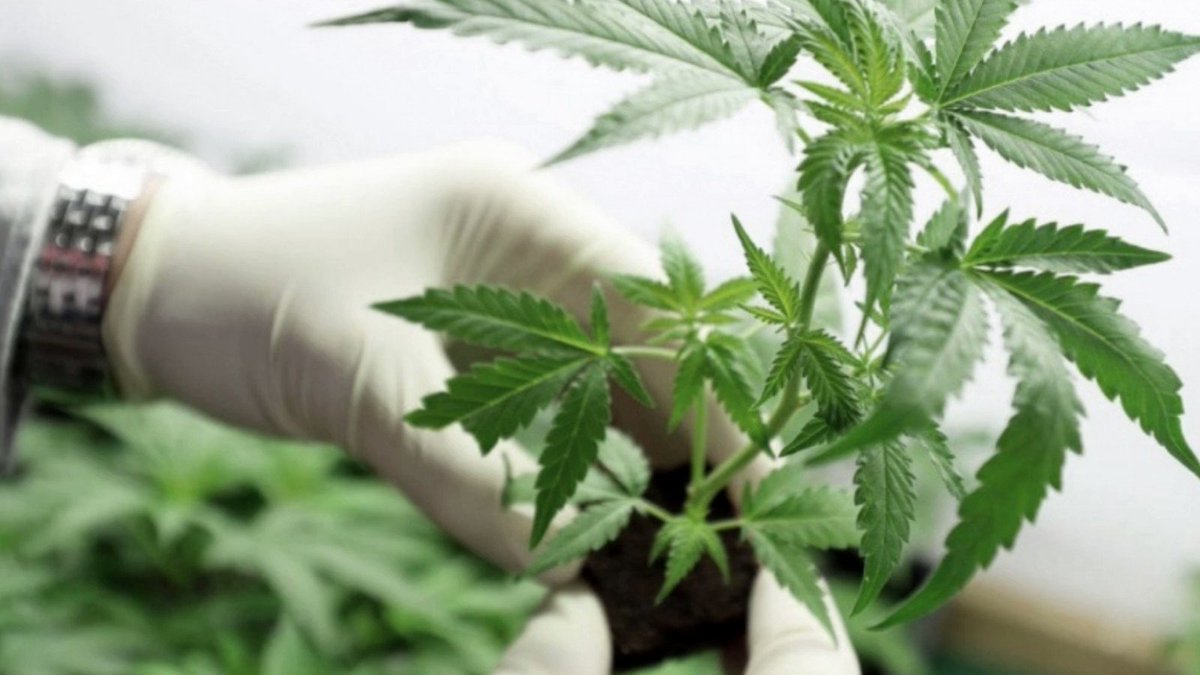The Public Stands Behind Oregon's Drug Decriminalization andAddiction Funding Initiative [FEATURE]
Rerolled: September 22, 2022 | #STDW
It has been nearly two years since Oregon voters approved Measure 110, a sweeping drug decriminalization and public health services funding initiative, and it still has strong public support. That could be because it is producing the kinds of results Oregonians want to see.
In voting for Measure 110, Oregonians sough to move the emphasis of drug policy from law enforcement to a public health approach, and that is what they are getting. Drug possession arrests, which had already dropped by half in 2020 because of the pandemic, significantly decreased after Measure 110 took effect on February 1, 2021, according to data from the Oregon Criminal Justice Commission, falling another 65 percent from the 2020 levels in the first six months of 2022.
And Measure 110, which tapped into marijuana tax revenues to fund a broad spectrum of addiction services—from low-barrier drug treatment and peer support and recovery to overdose prevention and housing and employment support (but not drug treatment covered by Medicaid or insurance)—is setting the stage for a massive expansion of those services by pumping hundreds of millions of dollars into the field.
Late last month, the Oversight & Accountability Council, the body tasked with overseeing the distribution of the funding, approved the remainder of the initial $302 million made available under Measure 110, and on Tuesday, the Oregon Health Authority announced that it had finished awarding that money to more than 237 service providers in the form of grants.
With the state suffering more than a thousand overdose deaths in the past year, there is criticism that authorities have moved too slowly. Oregon Health Authority behavioral health director Steve Allen acknowledged as much, saying the agency had learned it needed to give more support and technical assistance to the volunteer committee tasked with grant-making decisions.
"We understand the frustration this caused in our communities," Allen said. "When you do something for the first time you’re going to make mistakes."
But now the money is out there, and it will help fund 237 service providers in 36 Behavioral Health Regional Networks (BHRNs)aimed at ensuring that help is available in even the most remote rural corners of the state. That includes 111 groups providing screening and behavioral health needs assessments, 112 groups doing individual intervention planning, 113 groups doing low-barrier drug treatment, 172 groups doing peer support and mentoring, 88 groups providing housing services, 84 groups providing harm reduction services, and 51 groups doing job support.
The money is going to allow these groups to expand their services by hiring and training new staff, securing additional facilities, buying vehicles for mobile support services, and even purchasing housing.
“Measure 110 changes the system so that there is no wrong door to access services,” said Tera Hurst, Executive Director of the Health Justice Recovery Alliance. “Thanks to Measure 110, you don’t have to get arrested before you are maybe offered help. Measure 110 is changing the addiction recovery service landscape so that regardless of the path, supportive services will be more readily available closer to home."
“It’s been a long road, but we’re ecstatic to see all of the Measure 110 funding for the 2021-2023 biennium finally being approved and going out to service providers to expand critical addiction services in Oregon communities. This is the first step in ensuring Oregon delivers on its promise of replacing a criminal legal approach to drugs with a public health approach and offering the rest of the country a glimpse of what is ultimately possible when we offer people support instead of punishment,” said Kassandra Frederique, Executive Director of the Drug Policy Alliance, which was a key supporter of Measure 110 and which is partnering with the Health Justice Recovery Alliance on implementation.
Even with the slow roll-out, Oregonians are liking what they are seeing. A poll released this month by Data for Progress found majority support for Measure 110 in every region of the state—even the conservative eastern an southwestern areas—and a strong bipartisan majority who agree that problematic drug use should be treated as a public health issue, not one for the criminal justice system.
When asked whether Measure 110 should remain in place, 58 percent said yes. That included 82 percent of Democrats and 56 percent of independents, but only 31 percent of Republicans.
The polling suggests that tying drug decriminalization to the expansion of recovery services is key to getting it over the finish line. When asked about individual components of the program, 91 percent supported peer mentoring, 90 percent supported employment help, 86 percent supported funding addiction recovery, 84 percent supported housing assistance, but only 62 percent supported harm reduction measures and only 61 percent supported decriminalization itself.
It is almost as if Oregonians made a bargain with themselves: Give us strong measures to aid recovery and we will grudgingly accept such vanguard measures as harm reduction and decriminalizing drugs. These polls results should send a clear message to people contemplating future decriminalization initiatives about how to broaden support for them.
Source: https://stopthedrugwar.org/chronicle/2022/sep/22/public_stands_behind_oregons

OK Legal Pot Initiative Won't Be on November Ballot, House Committee Advances Marijuana Bills, More… (9/22/22)
Read More
Court Rules Oklahoma Won’t Vote On Legalizing Pot in November
Read More

Las Vegas City Council Approves Cannabis Consumption Lounges
Read More

Pot sector wants packaging changes, financial relief from Cannabis Act review
Read More







